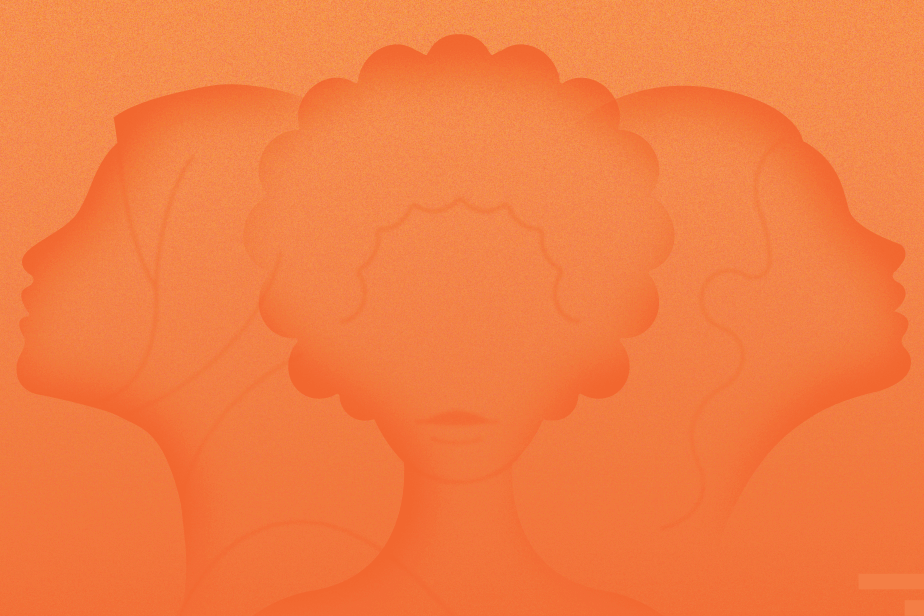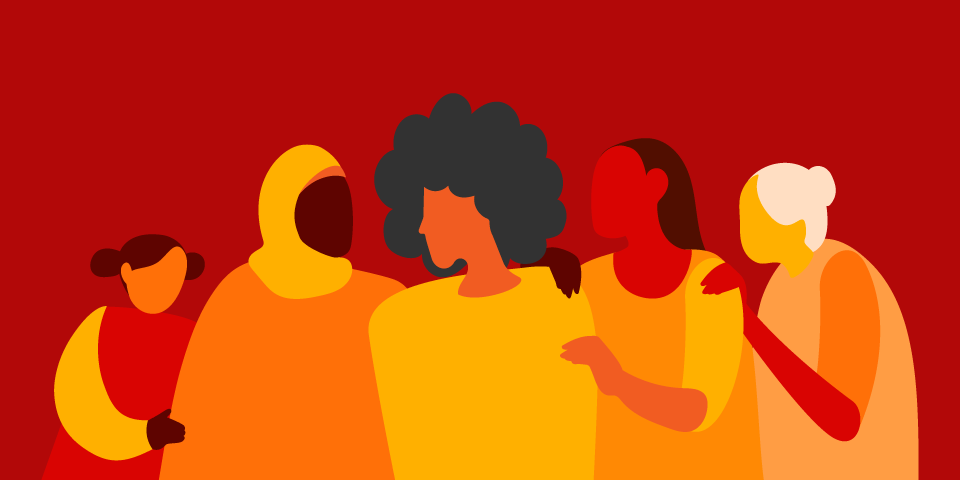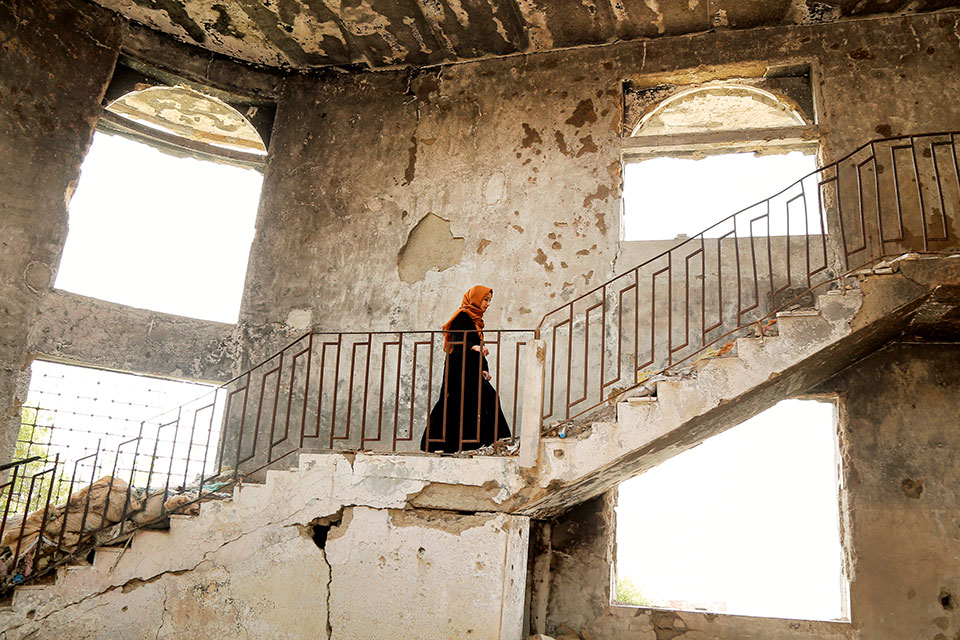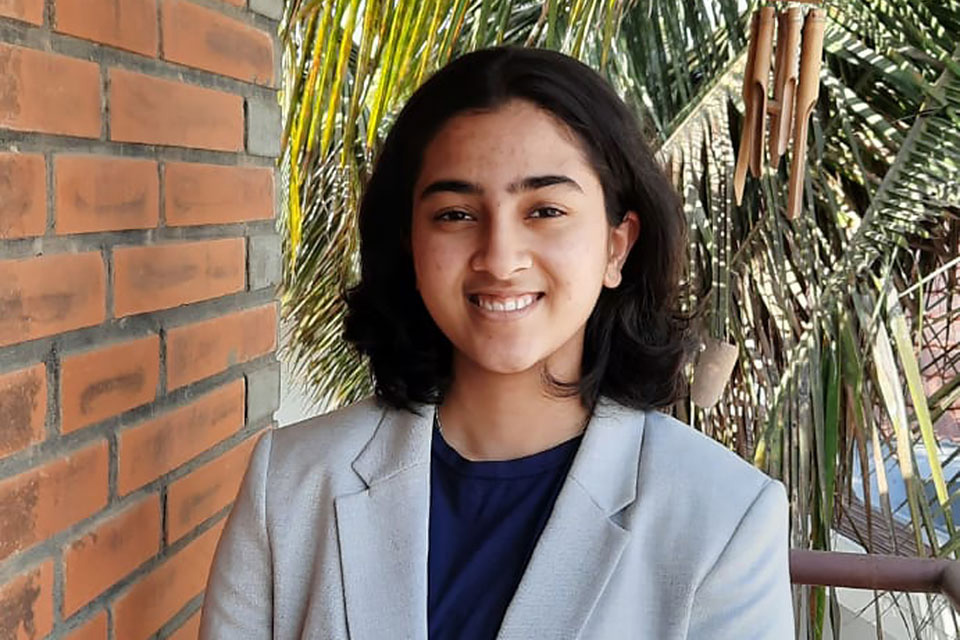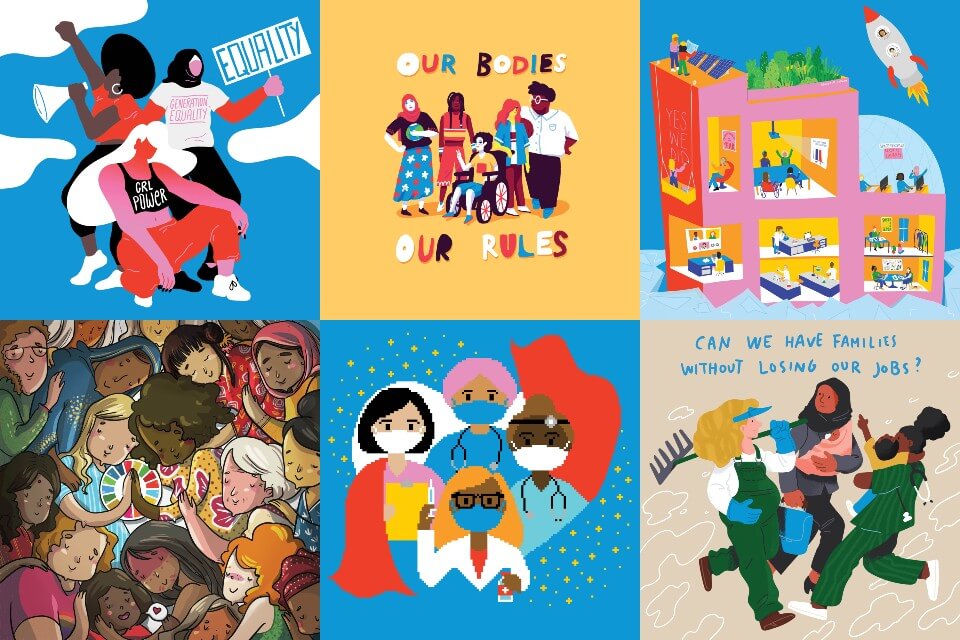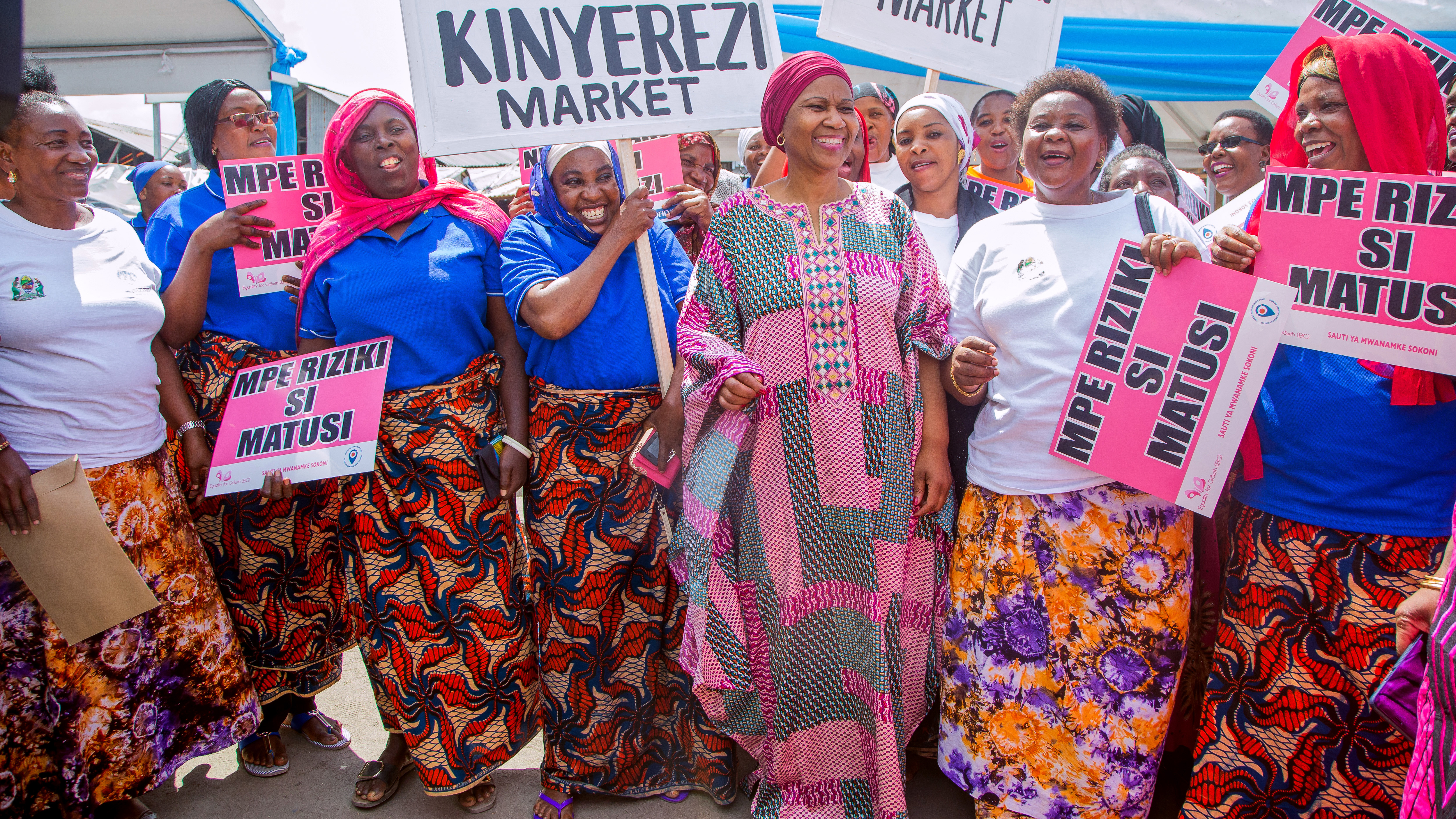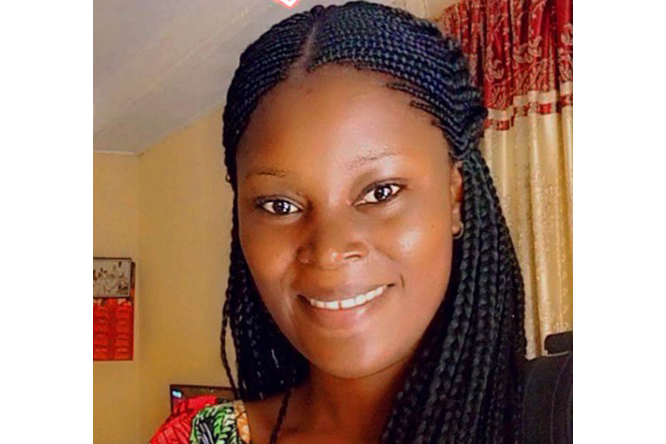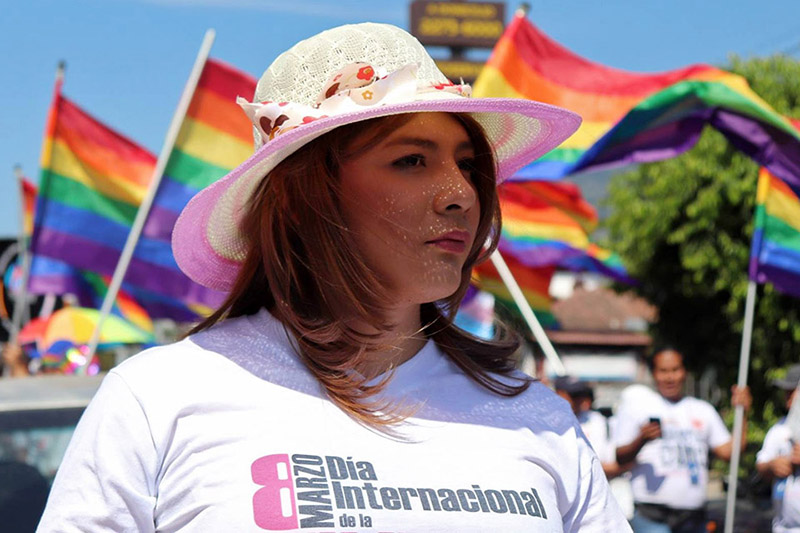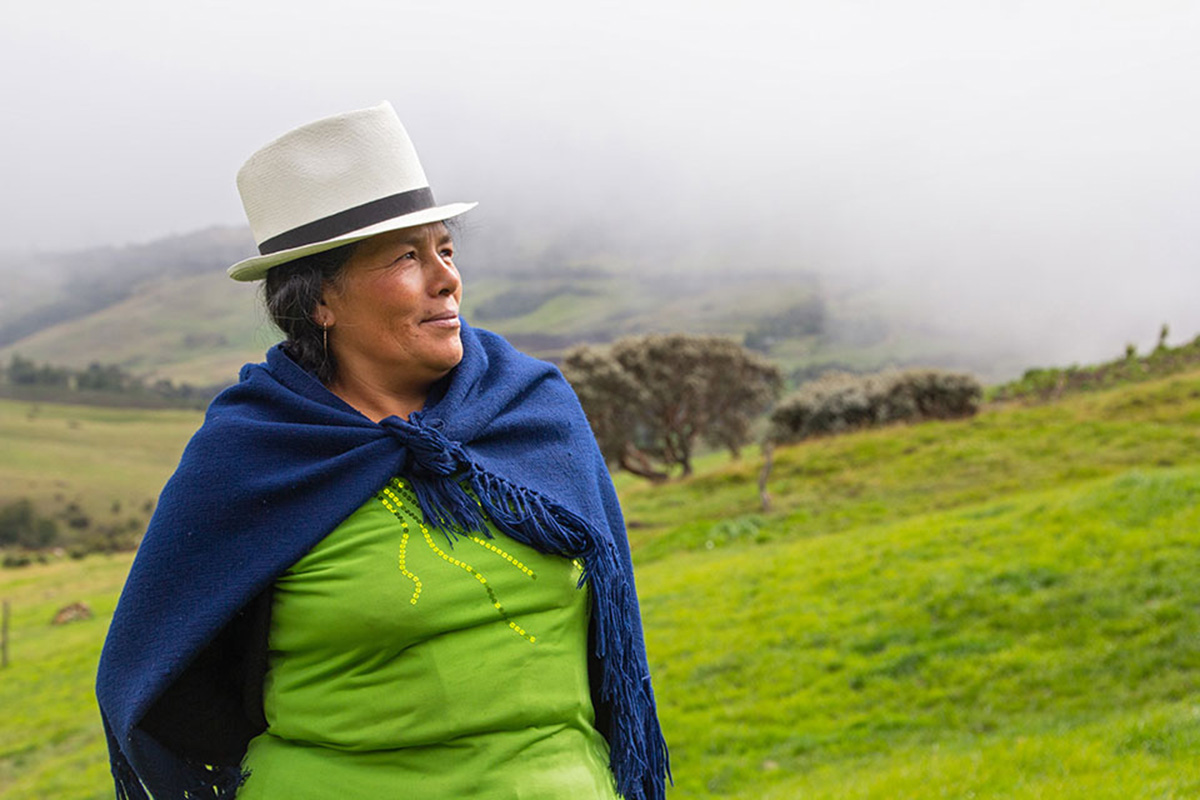Women and girls are often missing in data, and gender data production and use are often an afterthought. Gender data gaps are pervasive, hampering our ability to monitor progress. To fill these gaps, data must be disaggregated to better understand the lived reality of women and girls and capture intersecting inequalities. We need more and better data to make all women and girls counted, visible and valued. We cannot make progress on what we cannot, and do not measure. Data is an engine for change on gender equality. Find out more about UN Women's data work.
UN Women
Before COVID-19, a different pandemic was already threatening the lives and well-being of people around the world: violence against women, impacting at least 1 in 3 women and girls. Now, a new report from UN Women, which brings together survey data collected in 13 countries across all regions, confirms the severity of the problem. Despite its persistent prevalence, violence against women is preventable. UN Women experts offer 5 recommendations for action.
An overview of the many forms of violence, along with other commonly used terms, that any gender equality activist should have in their vocabulary toolkit is provided by UN Women.
As governments, humanitarian actors, and peacebuilders meet at the UN to discuss the women, peace and security agenda, watch this space for news, updates and voices of women peacebuilders.
NIdhi Mayurika is part of UN Women’s Generation Equality because she believes creating an equal future means educating the generations old and new to examine and challenge social norms.
UN Women is committed to #StayandDeliver in Afghanistan, where recent rollbacks on women’s rights have evoked fear for Afghan women and girls. UN Women Afghanistan Deputy Representative Alison Davidian breaks down this urgent situation, highlighting key areas for action to support the immediate and long-term needs of Afghan women and girls.
The second wave of COVID-19 in India brought unprecedented losses. UN Women and health sector experts answer frequently asked questions about COVID-19 and how it impacts women and girls in India.
Convened by UN Women, the Generation Equality Forum is taking place in Paris, on 30 June to 2 July. Here’s how it’s set to be catalytic with actions that accelerate progress on women’s rights.
We all have the potential to create meaningful change in the world around us. Whether by educating family and friends, speaking up on social media, challenging stereotypes through creative expression or otherwise, we can each promote gender equality and #ActForEqual every single day. In the run up to the 2021 Generation Equality Forum UN Women asked artists globally to visualize what gender equality means to them and received more than 1000 inspirational submissions from creative advocates all over the world.
"If anything works for women, in any country, it is most likely to work for most people. If you want to address the majority of the people who really need you, target women." In this episode of Awake at Night, we meet Phumzile Mlambo-Ngcuka, Executive Director of UN Women. Phumzile shares anecdotes about her friendship with Mandela and describes the formative issues behind her leadership of women’s rights and drive for investment in gender equality that culminate in the Generation Equality Forum.
Diane Ndarbawa is a youth activist for economic justice: "Through my organization, Manki Maroua, I work every day to foster respect for women’s economic rights, including improved working conditions."
UN Women invites women’s and feminist organizations, government and private entities to make bold commitments for equality at the Generation Equality Forum, from 30 June to 2 July.
On the International Day Against Homophobia, Transphobia and Biphobia (#IDAHOBIT), 17 May, eight LGBTIQ+ activists share their stories of resisting, supporting, and healing.
Restoring a fragile ecosystem in the face of climate crisis
Devishi Jha,18, is climate activist and Director of Partnerships at Zero Hour, an international youth-led climate justice organization. Jha speaks up for climate action because she wants a secure future for her generation and those to come after. UN Women introduces this young changemaker leading the way. Youth advocates are extremely conscious and are paving the way for future action in sustainability and climate justice, so it is imperative to collectively listen to those voices.

